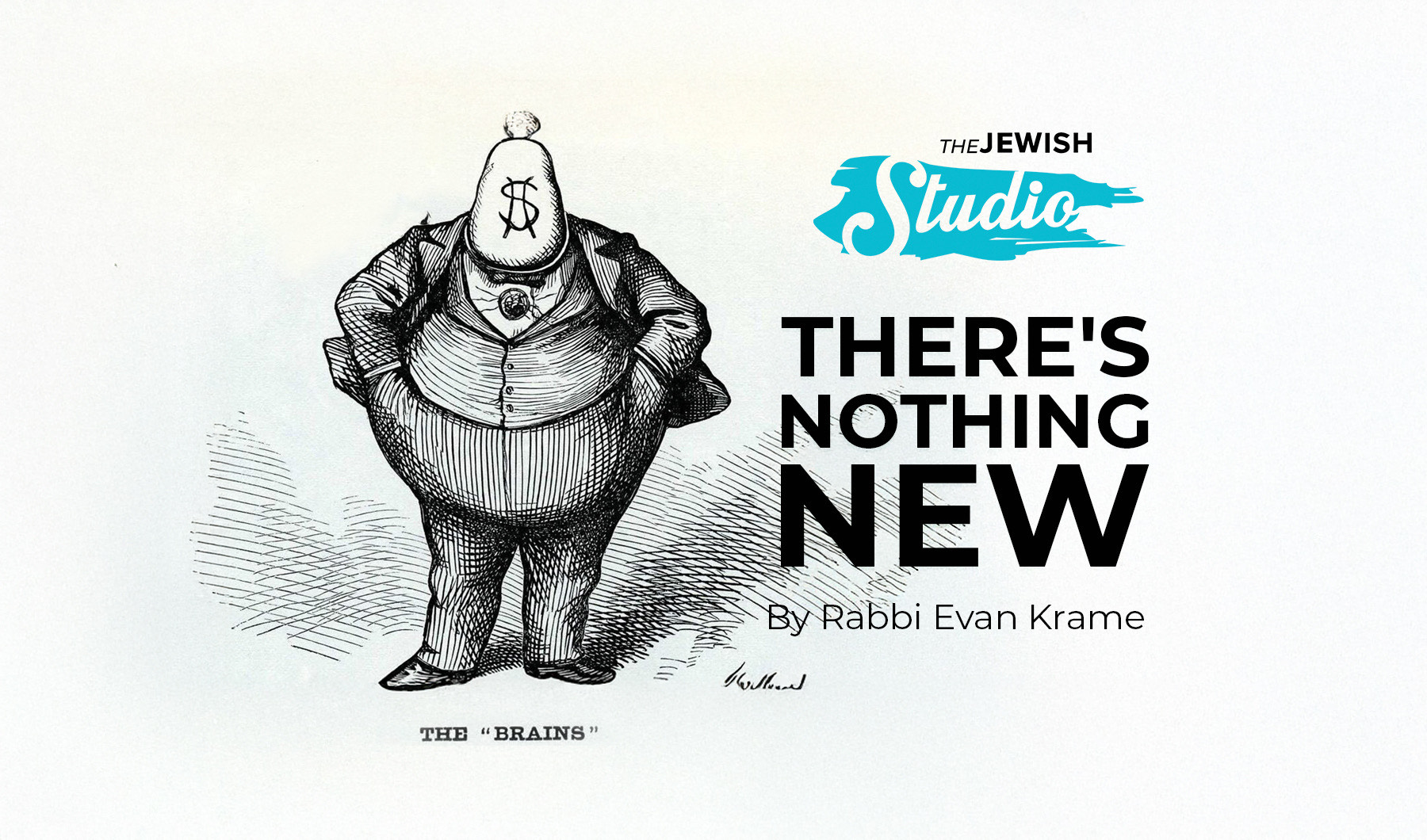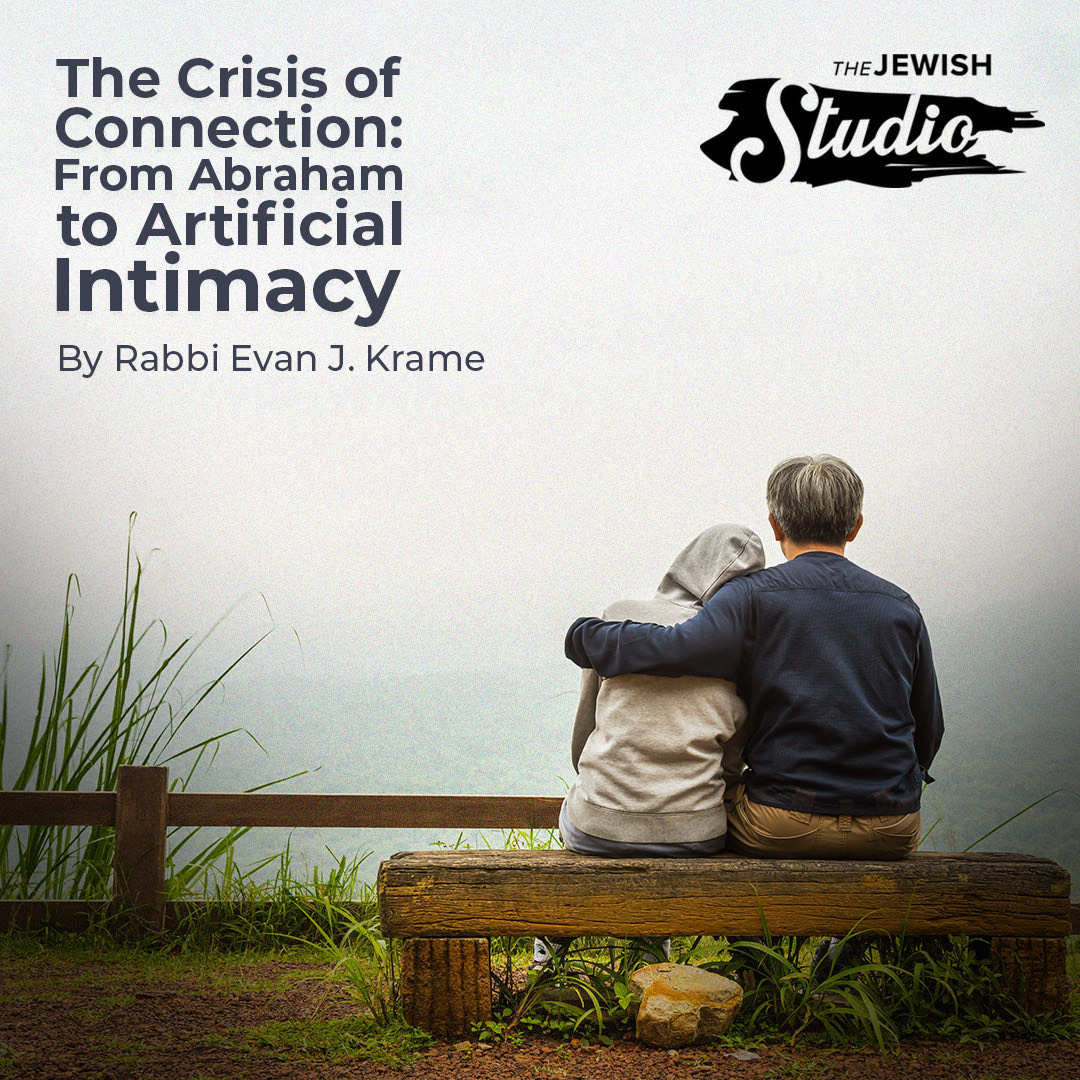I embraced turning 60 years old by celebrating with friends and community. In doing so, I confirmed that the enduring relationships of family and friends would continue to enhance the quality of my life. I unwittingly had identified a better way to approach aging.
This week’s Torah portion, Parshat Vayigash, reminded me of the challenge of maintaining a positive attitude as we age. Jacob arrived with his sons and their families in Egypt, where God has promised him, “I will go down with you into Egypt, and I will also surely bring you up again.” (Genesis 46: 4)

Image Source: Caravan in the Oasis by Ivan Aivazovsky
This relocation to a foreign land was certainly a challenge for any older person, and God had assured Jacob accordingly that he would surely be brought “up” again.
Pharaoh comes to meet Jacob and asks Jacob his age. Rather than offering just a number (he was 130 years old at the time), Jacob completes the thought with the following commentary:
The quality of Jacob’s life is subject to some debate beginning with Jacob’s highly negative self-assessment. Taken in context, Jacob’s gloominess is understandable. After a life marked by getaways and deceptions, violence and mourning, he has left his homeland and came to Egypt to see the favorite son he thought dead for many painful years.
Jacob was emotionally traumatized when asked about his age. In response, he offered commentary suggesting resentment and contrition.
I’ve been thinking about Jacob’s assessment of his life in contrast to the attitude of former President George H.W. Bush, who passed away last week. Pundits delivered expositions on Bush’s character and achievements. As opposed to bitterness, much of the reporting focused on the graciousness with which Bush aged.

Image Source: Texas Daily
We saw Bush skydiving at age 90 and photos of him holding grandchildren. I was personally most impressed by his deep and long-lasting connections with numerous friends until the very end.
Bush was also a diarist and frequent letter writer. He wrote to his family in 1998 about getting older:
He adapted to aging by connecting through activities. Moreover, he shared his thoughts with the people he loved. His strong sense of connectedness was sustained by frequent and heartfelt communication.

In this case, it seems we can learn the “Torah” of George Bush. Bush demonstrated that an outward positive focus is critical to satisfaction in later years of life. Rather than focus on what is lacking when thinking about age, we can aspire to building meaningful connections through activities and communication that add quality time to our lives.
Rabbi Evan J. Krame




